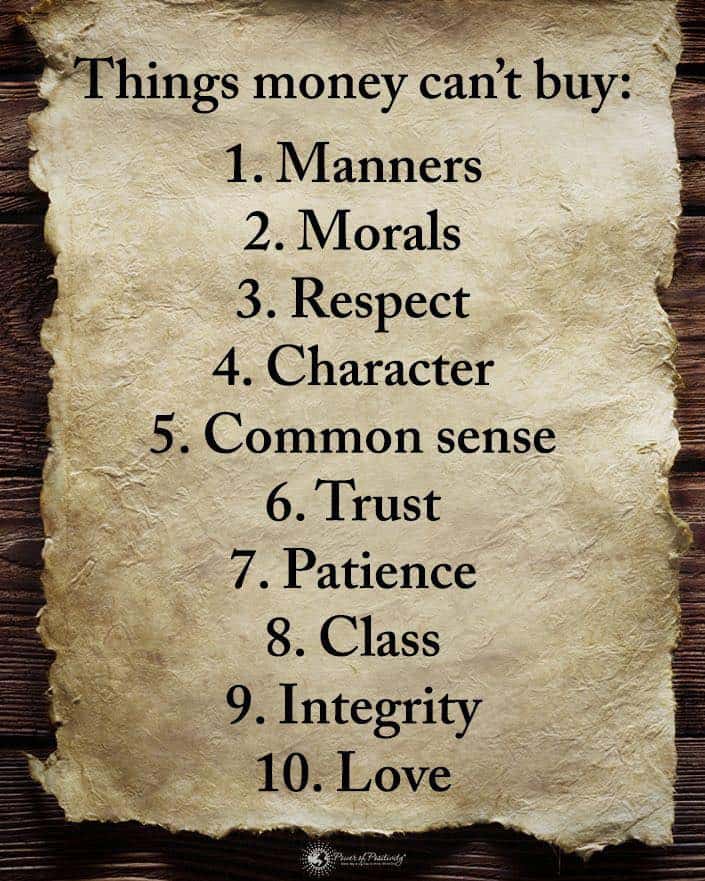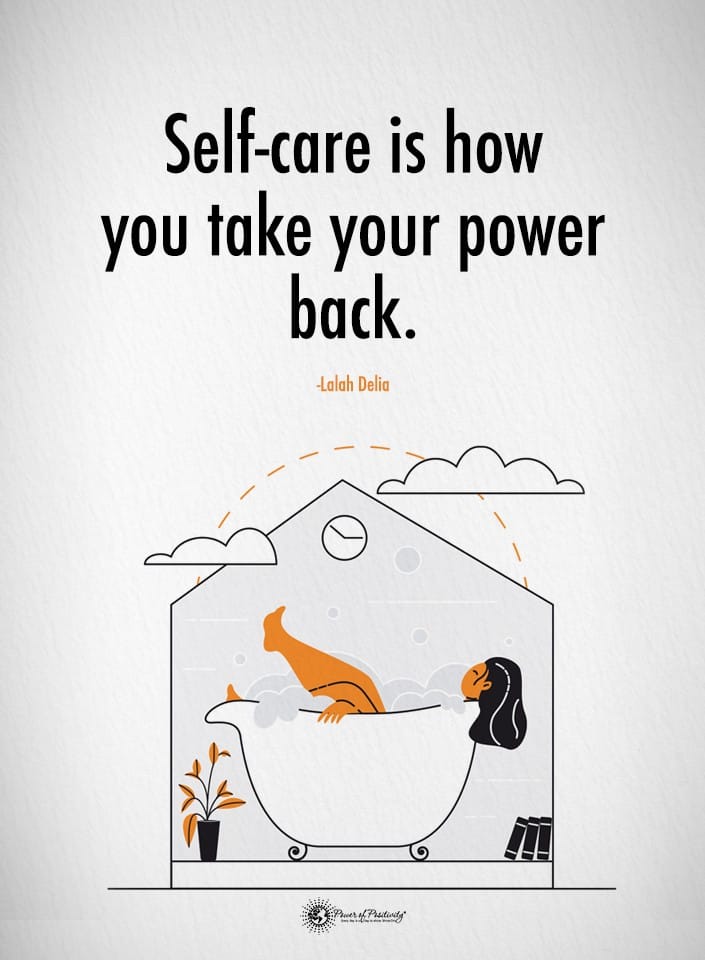What we dream about every night can say a lot about our lives, believe it or not. Dreams have been a topic of interest for thousands of years, and there’s actually a whole scientific study of the topic called oneirology. According to the American Sleep Association, dreams occur mostly during the REM stage of sleep when brain activity is highest. During this phase of sleep, the brain is in an almost awake state.
Dreams can occur in other stages of sleep, but they tend to be less memorable and intense. Most last for between 20 and 30 minutes, and if you wake up during a REM phase, you will be more likely to remember your dream. If you never remember your dreams, that might be a good thing since you probably sleep through the whole night.
“Dreams are excursions into the limbo of things, a semi-deliverance from the human prison.” – Henri Amiel
History of Dreams
About 5000 years ago in Mesopotamia, people recorded some of their dreams on clay tablets. In the times of the Romans and Greeks, it was believed these messages were sent from either deities or deceased relatives and that these could predict the future. Other cultures believed they could influence their visions and fulfill prophecies through them; this was called dream incubation.
In the early 1900s, Sigmund Freud wrote about and interpreted dreams quite extensively. He believed they are our deepest hidden fears and desires, and that they often stem from repressed childhood memories. He also believed, arguably, that every message represents a release of sexual tension, no matter what it’s about.
50 Dream Meanings to Pay Close Attention To
People dream about many different things, and whether our dreams are signs of repressed memories, subconscious thoughts or just random, we can learn a lot about ourselves by investigating our dreams. Below, we will go over 50 common dream meanings to never ignore.

-
You can’t find a bathroom
This may feel like an embarrassing dream to have, but many women report having this dream at least once in their lives. It could mean that you have a lot on your plate and you can’t just let go and free yourself from the stress. So, if you are dealing with many stressors in your life, try to figure out how to manage your stress more effectively.
-
You’re losing teeth
One study aimed to figure out why so many people have this disturbing dream. They came up with two hypotheses: 1) that the dream could be triggered by actual teeth grinding, which could explain why people dream of their teeth falling out, or 2) it’s more about psychological stress in the dreamer’s life. The authors found that psychological distress was related to teeth tension, but not to teeth grinding.
-
You’re lost in a house or building
This indicates not having a clear direction in your life and feeling aimless.
-
You’re totally naked
Usually, this indicates a feeling of vulnerability, but it can also symbolize new beginnings and freedom.
-
You’re in the house where you grew up
The meaning of this has a lot to do with the emotions behind the dream. If you feel anger or sadness, it could be a sign of repressed memories.
-
You’re running from something
Either you don’t want to face something in your life, or you’re genuinely afraid of it and run on instinct. Many times, this dream indicates that you don’t want to feel vulnerable or face a difficult challenge.
-
You’re late or miss an appointment
This might mean you feel worried about how an event will go, or if you have to wake up at a certain time, you might think you’ll sleep in and miss an important meeting.
-
Your car breaks down
Our cars symbolize movement, and dreams about them can indicate where you’re headed in life. If your car breaks down in your dream, it could mean that your life is changing direction.
-
You’re dreaming about falling
Falling visions can either happen in a lucid dream where you become aware that you’re dreaming, or in a normal dream, which can indicate that you feel out of control and insecure in your life.
-
A dream about someone who hurt you
This could be a sign of PTSD, as survivors of trauma often have nightmares about a person who abused them mentally, physically, or emotionally.
-
You’re taking a test and didn’t study
This symbolizes a lack of preparedness for something in your life – perhaps an interview or a meeting.
-
Your dream consists of rapidly changing places and people
This might mean you feel disorganized and out of control of your life.
-
You can fly
This is one of the most positive visions you can have, as it indicates feeling like you have no limits and the world is open to possibilities.
-
You dream of dying
Dreaming of death don’t usually mean actual death – they normally indicate an ending of something and the beginning of something else.
-
Dreaming of someone dying
This might be a premonition, but usually, it’s a sign that the person needs your help.
-
You have no shoes on
Feeling that you’re shoeless could mean that you don’t have direction in your life and feel unprepared.
-
A storm such as a tornado or a hurricane
Women have these dreams more often than men do, and they indicate that you’re worried or stressed about aspects of your life.
-
You’re pregnant
This could either be positive or negative depending on your relationship status.
-
Your car is out of control
If you’re driving and can’t control your car, this message means you need to pay attention to things in your life that you feel are out of your control.
-
Dreams about travel
Nighttime thoughts about traveling? This means you need some type of direction and movement in your life. You feel stagnant and unsatisfied with your life right now.
-
Dreams about an ex
If you dream about your ex, it might just mean you miss the good times spent with them.
-
Fights with an ex
This may mean that you have unresolved issues with a former lover and wish to make amends.
-
You’re meeting a celebrity
The person you meet symbolizes something on your subconscious mind, whether that’s song lyrics or a line from your favorite movie.
-
Dreams about intimacy
This could either mean you feel lonely or it could just be a dream about a fantasy.
-
Nightmares
Dream meanings about bad dreams are that you are trying to process painful events in your life, or you have a deep-seated fear about something.

-
You’re being cheated on
You might not fully trust your partner, especially if they have cheated on you in the past. However, if they never have, this dream could simply indicate that you feel neglected or insecure about your relationship.
-
Dreams about water
If water is a common theme in your sleep, it could mean that you’re going through a lot of emotions or changes in your life.
-
You’ve slept with someone you shouldn’t have
Whether it’s your boss or a friend’s boyfriend, dreams like this have a lot of symbolism in them. Look at the qualities of the person you were intimate with – these are traits that you could use more of in your life.
-
You have a secret
This means you’re probably hiding something about yourself that you don’t want others to see.
-
You cheated on your partner
If you have dreams about you cheating, this could mean that you feel like you don’t put enough time or effort into your relationship.
-
You come across a hidden room
This may indicate that you’ve tapped into parts of your personality that have been dormant.
-
You have been abducted by aliens
Many people have this dream. It often means that you have a fear of being rejected or alienated. If you travel to outer space, it could mean you’re tapping into new opportunities or perspectives.
-
There are people breaking into your house
While this dream can be frightening, you shouldn’t take it literally. Examine your life for signs of intrusion, such as obligations or new people that have made a negative impact on your life.
-
Your child has gotten separated from you
New parents might have this dream, which is understandable since a young child needs a lot of protection. However, it could also mean that you need to pay attention to your inner child who is crying out for love.
-
Dreams about bugs
If you have a dreaded nightmare about roaches or ants crawling all over you in your sleep, this means you need to examine what might be “bugging” you in your daily life.
-
Roads
Dreaming about one road means that you need to simplify your life. It can also mean that you know what you want in life and are being guided down the right path.
-
You’re in a plane crash
A lot of times, dreams like these indicate insecurity about your goals. Maybe you feel like your vision isn’t panning out, or that you aren’t ready to undertake such an endeavor yet.
-
Dreaming about vacation
You might be needing some time away to recharge and refresh yourself, or it could have a deeper meaning. Maybe there’s something in your life you feel like you’re running away from.
-
Money
If you win the lottery, it could symbolize good fortune coming into your life. However, if your dreams are about losing money, it could mean that you have a fear of loss.
-
Dreams about fire
Fire can symbolize a few different things: a deep desire you might have, repressed anger, or impending danger.
-
You can’t speak or move
This can indicate a feeling of stagnancy in your life, or that you have no say in a certain matter.
-
The end of the world
As is the case with many of the messages on this list, nightmares about an apocalypse could indicate hidden anger or other negative emotions.
-
You feel trapped or crushed
Feeling like you have the weight of the world on your shoulders or that you are trapped might indicate a high level of stress.
-
Dreams about drowning
Drowning dreams can be metaphorical for anything that seems like it’s pulling you down in life. Whether that’s stress from work, relationships, or even internal pressures you put on yourself, where can you release some weight so you can keep your head above water?
-
You’re wearing a mask
Not surprisingly, having a disguise on usually means you’re trying to cover up some aspect of your personality.
-
You’re back in high school
Maybe you miss the carefree days where you didn’t have to worry about bills, a career, grocery shopping, and other not-so-fun adult responsibilities.
-
Dreams about spiders
Many people have visions of spiders crawling all over them in the night. This could mean you’re being manipulated by someone because spiders can easily draw their prey into their web.
-
Dreams about snakes
This could either mean you feel tempted by something, or there’s a presence of evil in your life.
-
Food
Maybe you’re actually hungry, but more than likely, you crave nourishment and energy in other ways in life.
-
Houses
The different rooms in a house represent your mind. For example, the basement symbolizes things you hide from others or parts of yourself you neglect, while the bedroom may indicate your deepest desires and feelings.
Final thoughts about dream meanings to never ignore
All of the dreams listed above have dream meanings you should pay close attention to. If you find yourself receiving any of the messages listed above, make sure to examine your life and emotions so you can uncover the deeper meaning to your dream. Many psychologists believe that our dreams aren’t random and that they are directly related to events in our lives.
Keep a journal by your bed so you can jot down your dreams when you wake up. Of course, you may not always remember them. But if you do, you can easily refer to them. Happy dreaming!













